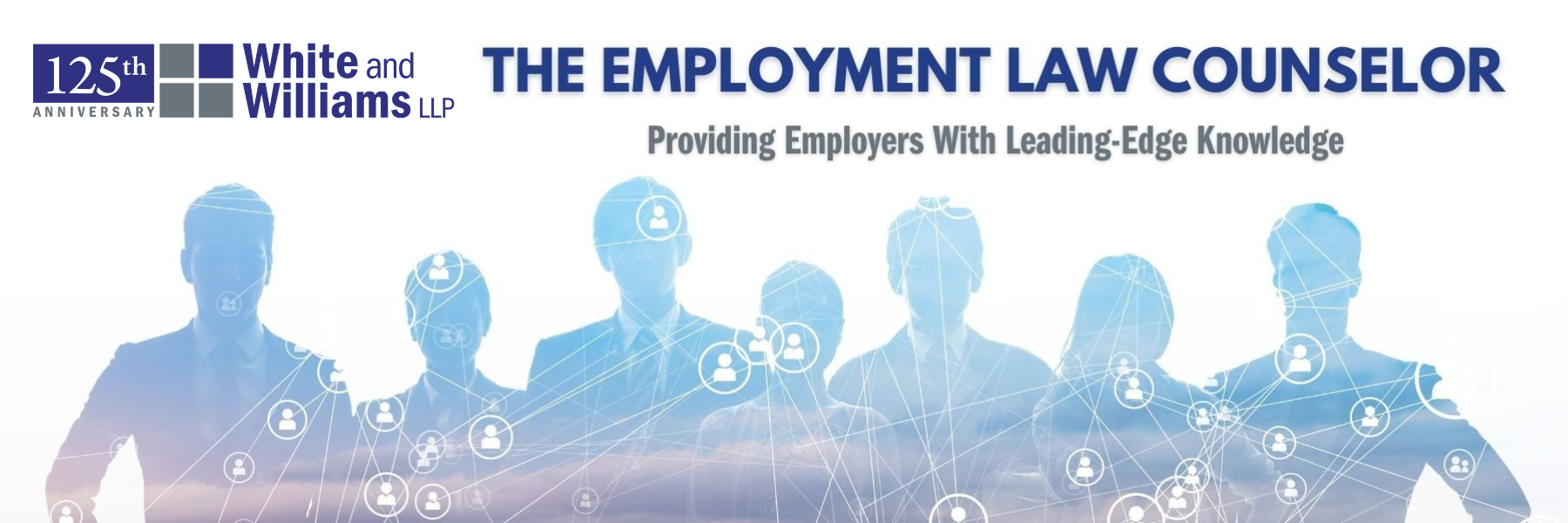The U.S. Women’s National Soccer Team recently settled a multiyear battle for equal pay. The lawsuit was filed in 2019 by high-profile players alleging that the female soccer athletes were paid less than members of the men’s national team. The women appealed an initial court decision that ruled the players had not demonstrated that they received unequal pay. The women argued they were more successful than the U.S. men’s team and that their compensation should be based on their winning record.
While the headlines characterize the settlement as a “huge victory for female athletes and women across the country,” it is not clear whether the settlement will impact equal pay lawsuits pending before the court. A settlement does not have precedential value and will typically not be considered by a court. Additionally, pay equity claims are fact specific and require proof that women who perform substantially equal work under substantially equal working conditions are paid different wages than men. Nonetheless, it is noteworthy that the Equal Employment Opportunity Commission (EEOC) filed a “friend of the court” amicus curiae brief supporting the women soccer players. In their 47-page brief, the EEOC argued among other things that the District Court had made two key errors in granting judgment against the women players. The errors focused on the compensation structure and the failure to recognize the women’s greater success as a team.
The EEOC’s support of the women’s pay claims demonstrates the agency’s commitment to address and combat pay discrimination and other forms of discrimination that contribute to unjustified gaps in pay. The EEOC Chair has reported that women make 82 cents for every dollar paid to men and that the pay gap is even worse for women of color, immigrant women and transgender women. The EEOC is committed to close the wage gap and assure that women in the work force find equality in their pay checks. Based on headlines and the EEOC’s position, we anticipate there will be additional claims and lawsuits asserting pay equity claims.
The employment attorneys at White and Williams LLP are available to assist employers with pay equity claims and lawsuits that claim compensation bias against women employees.


